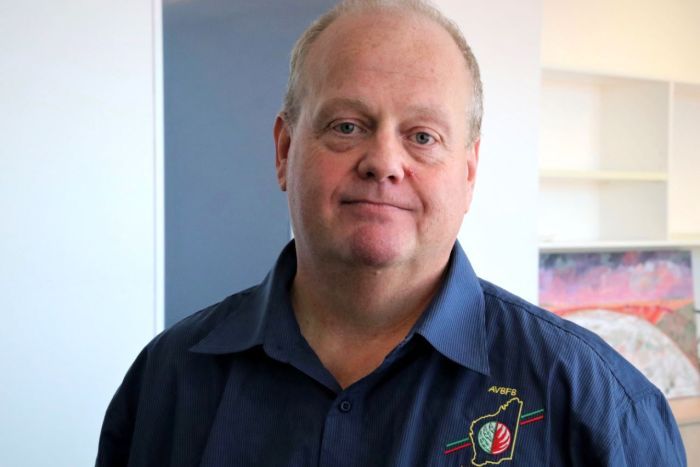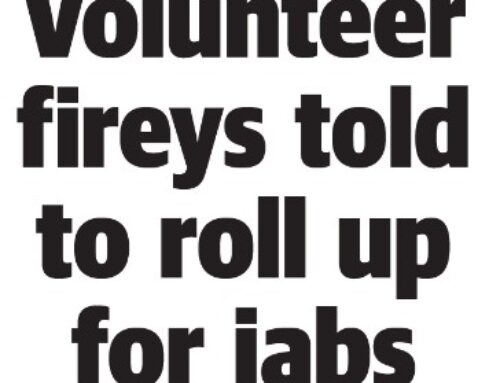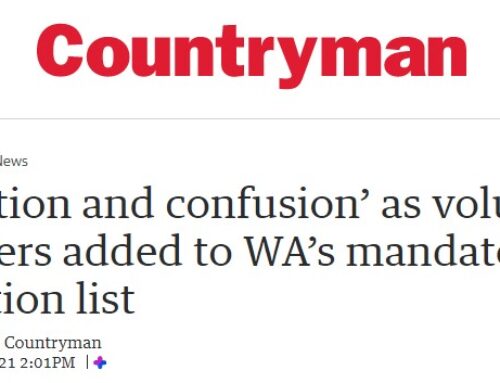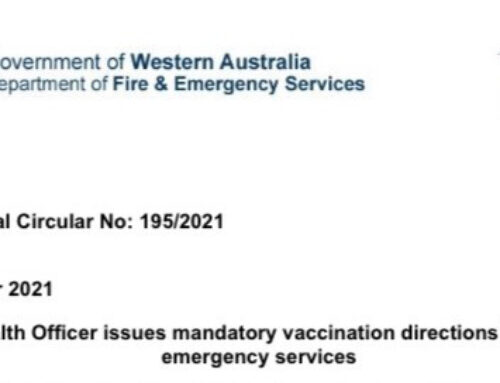Back in primary school there was a game (for want of a much better word) colloquially known as “pile on”. For those fortunate enough to have never witnessed it, the rules were that when a kid fell over, someone else would yell “pile on”. This would trigger a bizarre compulsion in others to literally lay on top of the victim, rendering them immobile under an unproductive heap of sweaty bodies.
Sadly, almost all the public commentary responding to the Prime Minister’s recent proposal to hold a Royal Commission into bushfires confirms that “pile on” is alive and well today – and it’s obviously no longer confined to schoolyards.
The line being towed by a surprising number of educated commentators is that Australia has had 57 major reviews and inquiries into fires in recent times and rather than wasting money and time on another one, we should all just re-read the old reports and do all the things that were recommended but never done.
However, just a moment of critical thought proves this argument actually confirms the value of “another” Royal Commission.
Here’s the rub, if the naysayers are correct in claiming that the myriad of previous reviews and inquiries have already provided all the solutions to our bushfire challenges, the serious unanswered question fit for a Royal Commission is why haven’t we learned from them? Yes, there have been many formal reviews into bushfire across the country. And evidently, they haven’t taught us enough to stop catastrophes like those currently unfolding in the eastern states.
But that isn’t because we didn’t read the reports of these reviews.
The fact is, of the 137 Royal Commissions held by the Federal Government since 1902, none of them have been about bushfires, none. The only Royal Commissions that have focussed on natural hazard emergencies were initiated by State Governments specifically to review State-based incidents and/or policy.
I accept that all humans make mistakes, but unless the time and courage is found to identify, acknowledge and learn from our errors, we are destined to make them again and again.
It is also accepted that for the people paid to take responsibility for the safety of our community, encouraging fully transparent inquiries is akin to standing naked on a stage and passing around a microphone so the audience can share air their critical observations of your body – something most of us would find embarrassing at the least, and sometimes even personally threatening. But when we are talking about trying to learn from what happened before, during and after a disaster, pride and politics must be sacrificed for the genuinely greater good.
As the peak body for Western Australia’s 20,000+ volunteer Bush Fire Brigade members, our association has been the canary in the coalmine for years on this issue. Indeed, history shows that we have regularly been targeted as the messenger when we have advocated for inclusive, transparent and accountable reviews into major emergency incidents.
The Prime Minister’s call for a Commonwealth Royal Commission has enormous potential to do good by not only being the first ever inquiry of this level to consider bushfire issues from a national perspective, but also by addressing the important question of why so many State-based reviews and inquiries haven’t given Australia the tools and knowledge required to effectively mitigate the disasters like those in NSW right now.
Furthermore, Climate Change has only very recently been broadly accepted as a major factor in the cause, timing, severity and duration of bushfires. Given that few of the previous inquiries even mention the changing climate, it is mind-boggling that anyone would suggest there is nothing to learn from a Royal Commission that incorporates contemporary scientific data into recommendations for future Federal and State Government policy making.
Thus, we support an inclusive, transparent and accountable Federal Government Royal Commission if its Terms of Reference included the requirement for it to investigate and make recommendations in relation to issues such as:
- which recommendations of previous reviews have not been implemented and why,
- the effectiveness of processes used by State Governments to review major incidents,
- the Nett costs (or savings) of Australia’s various volunteer and paid emergency services,
- the strengths and weaknesses of Australia’s various emergency service models,
- the impact industrial relations issues have on the effective and efficient delivery of emergency services.
Darren Brown
Executive Officer






